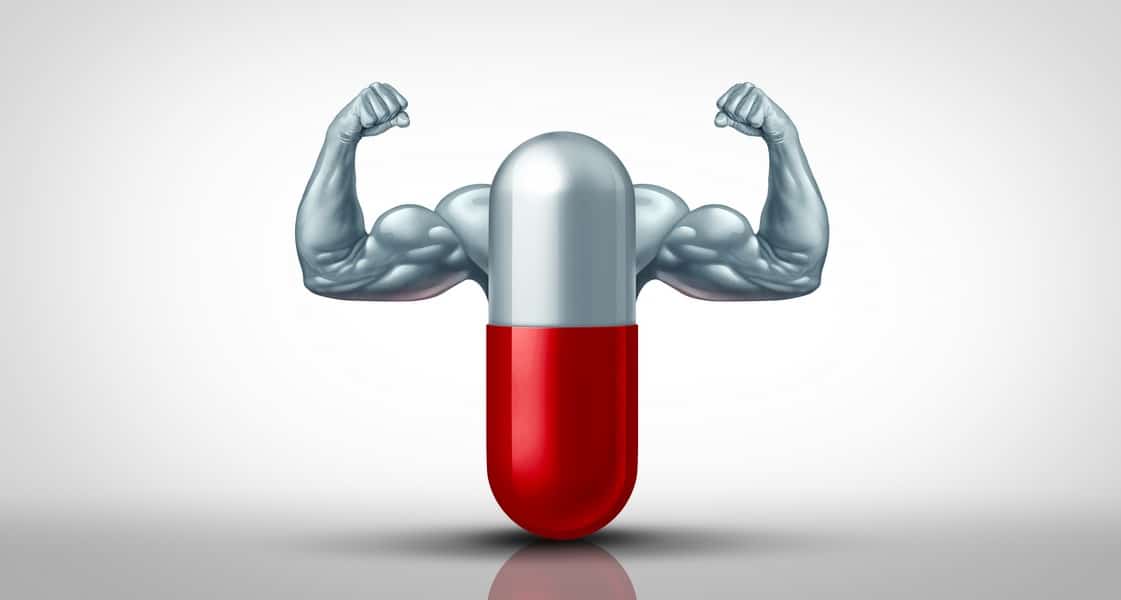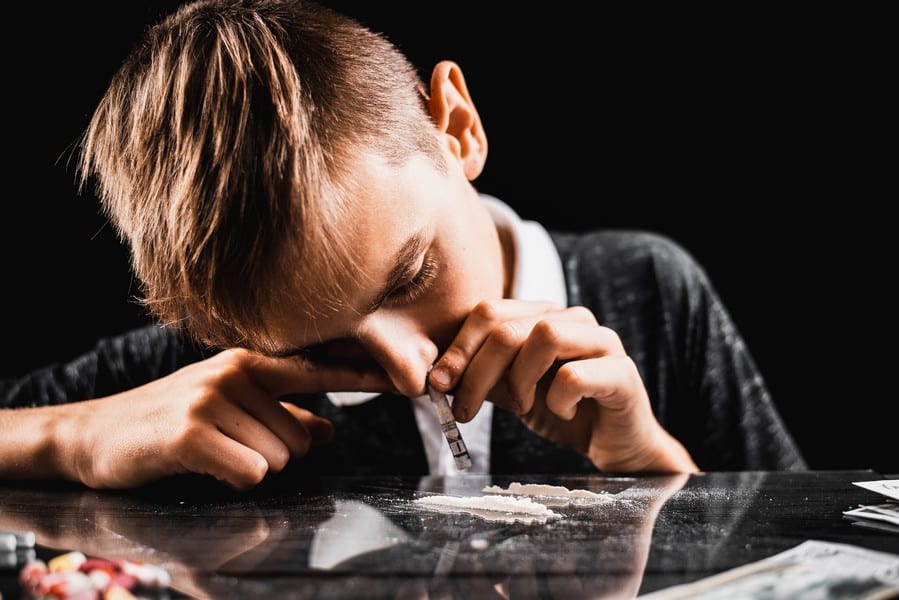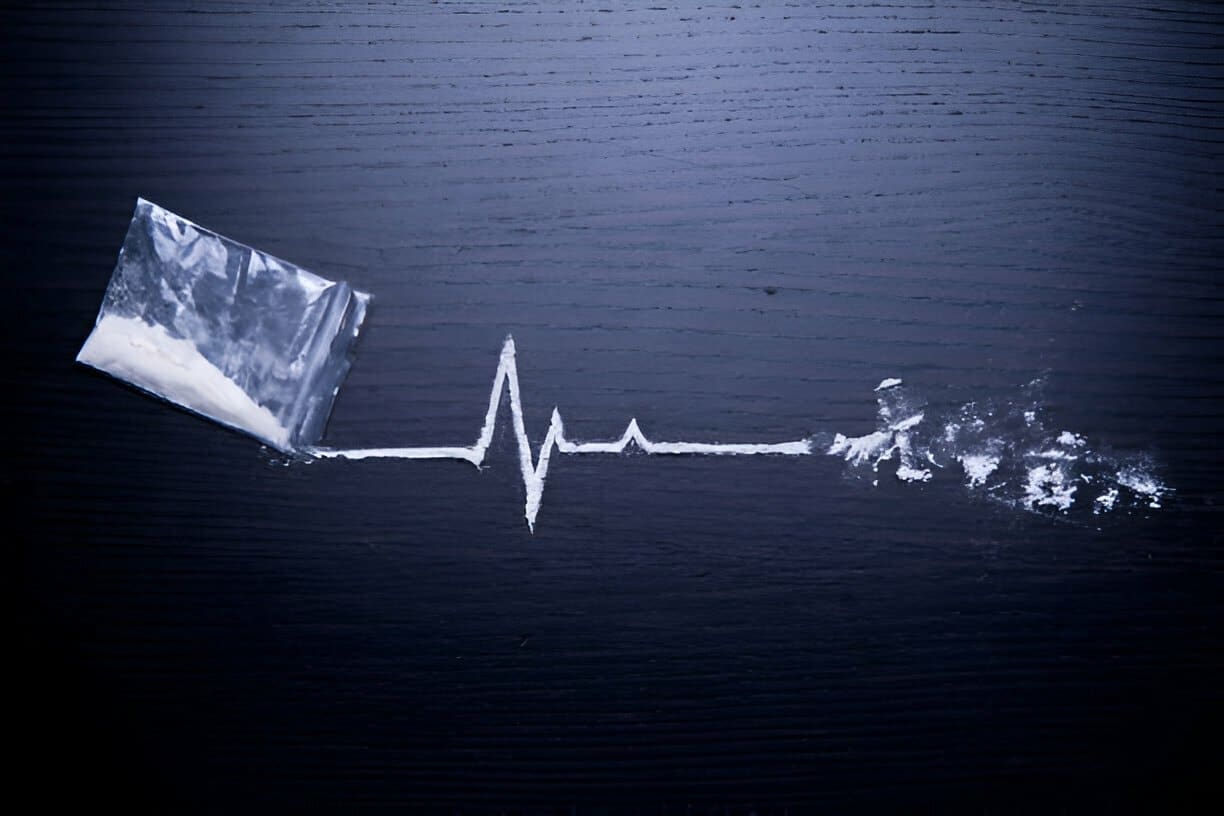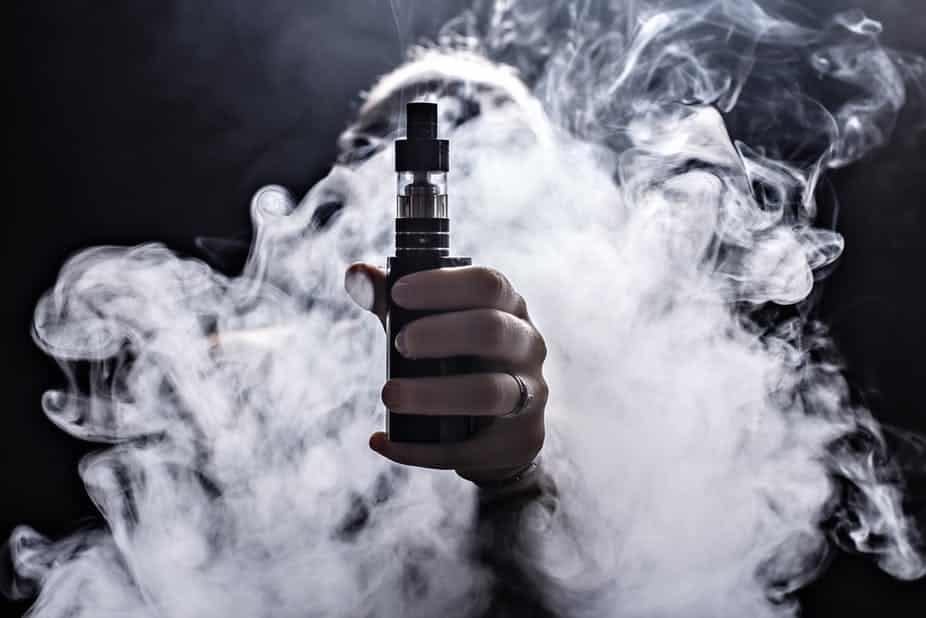Concerta is the brand name for the medication methylphenidate, used to treat Attention Deficit Hyperactivity Disorder (ADHD). Some people abuse the substance for a strong high or other purposes such as improving school performance, staying alert, or losing weight.

Methylphenidate is classed as a Class B substance under the Misuse of Medications Act, categorising drugs that are recognised to have some medicinal benefit but are extremely likely to be abused. Methylphenidate is classified as a schedule II substance by the International Convention on Psychotropic Substances.
If your loved one needs support dealing with an Alcohol Addiction, contact us today on 0800 999 1083. We can help you by recommending treatment options.
Concerta should be taken with liquids exclusively. The tablets should not be chewed, divided, or crushed. The tablets can also be taken regularly in the morning without food.
A shell surrounds the medication, allowing it to move about the body at a controlled rate. Patients are told not to be concerned if they notice tablet-like items in their faeces because the tablet shell and other insoluble elements are not absorbed and are removed from the body.
The central nervous system stimulant methylphenidate is found in Concerta in an extended-release form. Ritalin is another ADHD medication that contains methylphenidate; however, Ritalin is an immediate-release formulation. Ritalin and Concerta are both taken by mouth.
The distinction between Concerta and Ritalin is that Concerta releases methylphenidate gradually, whereas Ritalin releases it all at once. Because the effects of Ritalin wear off over time, people must take multiple dosages throughout the day. This can be difficult for school-aged children, as teachers must administer medication to these youngsters around lunchtime. The usage of Concerta relieves the teacher of any responsibility for the child’s prescription intake.
Methylphenidate has various applications, such as treating narcolepsy, and it may help assist people who work on lengthy, challenging tasks to stay focused.
Dopamine is a neurotransmitter involved in almost all forms of dopamine levels. Dopamine activation and facilitation are also linked to several rewarding and pleasurable outcomes. Methylphenidate is thus classified as a restricted substance.
It is classed as a controlled drug of class B. This is a class of medications that can be used legally for therapeutic purposes but also have the potential for abuse and physical dependence. Other drugs in this class include potent narcotics like morphine or Vicodin. As a class B controlled substance, methylphenidate is regarded as a substance with considerable dangers and should be used only under the supervision of a physician. Concerta may only be bought legally with a doctor’s prescription.
The majority of chemicals have multiple names. Ritalin, QuilliChew ER, Aptensio XR, Ritalin LA, Jornay PM, Metadate ER, Methylin, Quillivant XR, Ritalin SR, Cotempla XR-ODT, and Metadate CD are some of the brand names for Concerta. Individuals can obtain the medicine from their local pharmacy under any of the above names.
When you take a drug without a valid prescription or in higher dosages than your doctor prescribed, you are abusing it. If used frequently and in large dosages, this medication, like most stimulants, can lead to addiction. Suicidal thoughts, hallucinations, and violent outbursts are some of the side consequences of abuse and addiction. You could develop psychological dependence over time, and the consequences could make you a danger to yourself and others.
Even if you try your hardest, it is difficult to stop using if you or a loved one is addicted to the substance. When you Abuse Concerta, that can have such profound psychological consequences that you might return months or even years after you stopped consuming the drugs.
Concerta abuse can affect people of any age, gender, or socioeconomic background. However, whether or not a person becomes addicted is determined by several factors, including:

A person who utilises Concerta runs the risk of developing a stimulant use disorder.
Symptoms of Concerta use disorder are outlined below:
Concerta withdrawal symptoms, sometimes known as ‘Concerta crash,’ appear in various ways. The symptoms, however, differ based on the amount of Concerta consumed and the length of time the client was addicted to it. Long-term users of the substance are more prone to have unpleasant withdrawal symptoms.
Concerta’s common withdrawal symptoms include sadness, nightmares, nausea, abnormal heart rate, panic attacks, irregular blood pressure, irritability, anxiety, headaches, dysphoria, cloudy thinking, increased appetite, excessive exhaustion, and psychosis.
Because some Concerta withdrawal symptoms are unbearable and harsh, users are strongly encouraged to undertake a medically assisted detoxification process under the guidance of a healthcare provider to avoid relapsing and quitting.
Although it is impossible to predict how exactly the drug will impact an individual, there are several potential side effects to be aware of.

When taken in low dosages and within therapeutic ranges, central nervous system stimulants like Concerta have vital medical applications; however, people who abuse them may have a variety of adverse side effects, including:
Dopamine is involved in the brain’s movement, attention, learning, and pleasure system. In the brain, the chemical stimulates dopamine activity. When you misuse Concerta, it produces brain alterations that emerge as hostility, obsessive behaviour, hallucinations, delusions, psychosis, mania, and disorientation, among other symptoms. Memory disorders and lifelong brain damage are also possibilities.
While the long-term consequences can be severe, the short-term consequences, such as decreased appetite and vomiting, might help weight loss. Vision issues, skin rashes, and an irregular heart rhythm that leads to a heart attack are all possible side effects.
Excessive use of this medicine can result in severe and sometimes fatal conditions. If you abuse substances by crushing and snorting tablets or any other method, your brain will undoubtedly experience negative consequences in the short and long term. You may acquire psychological difficulties if you use it frequently.
Physical repercussions of misuse and addiction, like overdose and toxicity, are not limited to the brain alone. Overdosing can cause hallucinations, confusion, toxic psychosis, and death. Other harmful effects of abuse and addiction include stroke, seizures, elevated heart rate, sleeplessness, psychological issues, and cardiovascular complications.
Abuse and addiction can have various effects on you or a loved one. While psychological and physical impacts are frequently highlighted, behavioural and emotional effects are also considered.
The emotional repercussions can often be more severe than the physical consequences. They’re especially problematic because they’re not often as obvious as bodily impacts. Even after overcoming addiction, emotional repercussions such as emotional trauma, low self-esteem, and a pessimistic attitude toward life might linger. We advocate seeking treatment in a rehab facility that includes therapy and counselling as part of the treatment plan.
Don’t go through the process of recovery alone. Treatment providers can answer your questions. Get in touch with one today.
Call 0800 999 1083 today!
Concerta overdose happens when a large quantity of Concerta is consumed. Overdoes of Concerta cause convulsions, extreme perspiration, agitation, vomiting, muscle twitching, hallucinations, elevated heart rate, and profuse sweating. As a result, toxic levels in the body rise, potentially leading to central and sympathetic nervous system overstimulation.
There’s a chance you’re dealing with a dual diagnosis (that is, a mental condition that simultaneously occurs alongside your addiction). This could be the root of your addiction, particularly if you started taking Concerta to treat ADHD or Narcolepsy. Due to how Concerta modifies brain chemistry, your addiction could also cause the co-occurrent mental health disorder.
Concerta addiction and any co-occurring mental health issues or other substance addictions are addressed in dual diagnosis treatment. Because Concerta is frequently used with other drugs, this treatment is essential. If you’re taking Concerta with one or more other drugs – or using it during binges involving other medications – dual diagnosis treatment may be beneficial.
Isolation is one of the side effects of misusing this chemical. This loneliness can cause significant social problems among your family, friends, coworkers, classmates, or even strangers. You probably don’t want anyone to know about your addiction, so you prefer to spend your time alone and away from people.
Isolation can harm your relationships just as much as other drug side effects like anger and violent behaviour. The individuals closest to you will undoubtedly suffer the most, but others may also be harmed as a result of your actions. This is why there are support groups for addicts’ families. It may begin with you, but addiction has far-reaching consequences for others around you.
Individuals suffering from Concerta addiction, abuse, misuse, or dependency can get help. When a person is diagnosed with Concerta addiction, it is recommended to get help as soon as possible. The type of treatment accessible to a person will be determined by the severity of their addiction.
Few people have the determination and inner strength to stop themselves from abusing Concerta. Most patients require a comprehensive rehabilitation programme with close supervision to manage withdrawal symptoms.
A proven track record of rehabilitation, abundant accommodation, and helpful staff are all things to look for. In such instances, finding an effective rehabilitation centre that offers inpatient or outpatient treatment is critical. Such facilities follow a tried-and-true procedure that includes activities that ensure successful addiction rehabilitation. The following are some of the advantages of such facilities:

Individuals with persistent substance use disorders, such as methylphenidate use disorder, will almost always require professional help to recover. In the beginning, medical detox may be used to help them safely navigate the withdrawal symptoms they are likely to experience once they stop taking Concerta and prevent relapse from cravings that occur during withdrawal. Medical detox can assist an individual get through withdrawal more comfortably and avoiding relapse. However, it is useless to prevent relapse after the programme is over. Instead, the person must enrol in a professionally run substance abuse treatment programme. An effective treatment programme should include:
Concerta withdrawal symptoms appear 24 hours after the last dose has been taken. However, in some instances, it may take many days. It usually takes fewer than seven days to complete the withdrawal process. Depending on the individual, post-acute withdrawal symptoms (PAWS) can last for months.
0-48h: The user will begin to suffer withdrawal symptoms within the first 24 hours after ceasing to use the medicine. The user experiences headaches, fatigue, difficulties concentrating, and cravings that can last for the first 2 days after taking the last dose.
Days 2-4: After 48 hours, the patient begins to experience mood swings as the symptoms worsen. Dysphoria, anxiety, and irritability may be overwhelming.
Days 5-14: As the body adjusts to the lack of Concerta, withdrawal symptoms fade, and the individual may easily manage them.
Clients with a milder Concerta addiction and minor withdrawal symptoms might consider outpatient treatment. This programme allows individuals to remain at home while receiving treatment and go about their regular routines. The majority of Concerta users are teenagers and young adults who are still in school or working. As a result, individuals may be resistant to the idea of giving up their jobs and staying in rehab.

Inpatient addiction treatment is the most intensive treatment option for Concerta rehab patients. The patient normally lives in the rehabilitation centre and has access to assistance and care 24 hours a day, seven days a week. Individuals who have a severe Concerta addiction or who have co-occurring mental health disorders should seek this type of treatment.
When you want to discontinue taking Concerta completely, several treatment and counselling choices are available. Your mental health history, if you’re misusing Concerta alongside other addictive substances, how determined you are to reach abstinence, and whether you have a good support network at home will all influence which programme is best for you.
Attending support groups and 12-step groups like Narcotics Anonymous, which gives a network of peers with similar experiences, can also be part of treatment. Cognitive-behavioural therapy (CBT), contingency management, and motivational enhancement therapy are the most often used therapy strategies in treatment. If you’re looking for treatment for your adolescent, they can benefit from teen-specific behavioural therapies.

BACP accredited psychotherapist with 16 years experience working in mental health specialising in psychodynamic person-centred therapies treating those with a range of mental health disorders including anxiety, depression, OCD and Addiction.

Fill in your details and we’ll send you a message via SMS.

No matter where you live, there are drug and alcohol rehab options for you to discover. Treatment providers are waiting to answer your questions. Get started today.

Ever felt that gnawing ache or burning sensation in your gut after a night of drinks? You’re not alone. Stomach pain after drinking is a common complaint, and there are a few reasons why it might happen. Let’s delve into the science behind the discomfort and explore ways to soothe your stomach. The Irritating Truth: … Continued

Cocaine, a stimulant known for its short-lived burst of energy and euphoria, hides a dark side. Behind the initial high lies a dangerous potential for overdose, with severe health consequences and even death. This article delves into the world of cocaine overdose, equipping you with the knowledge to recognize the signs, understand the dangers, and … Continued

Adult smoking habits in the UK refer to how often and in what ways people aged 18 and above use tobacco. This includes everything from smoking cigarettes every day to occasionally lighting up, as well as using other tobacco products. Understanding these habits is important for several reasons: Public Health: Smoking causes many diseases that … Continued

Addiction in the UK is a complex issue that is connected to various aspects of society such as healthcare and law enforcement. It affects people from all backgrounds and has negative impacts on families, communities, and the entire nation. Understanding addiction involves not only looking at the uncontrollable use of substances and repetitive behaviors but … Continued

Don’t go through the process of recovery alone. Treatment providers can answer your questions. Get in touch with one today.
Call 0800 999 1083 today!








